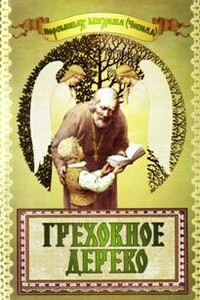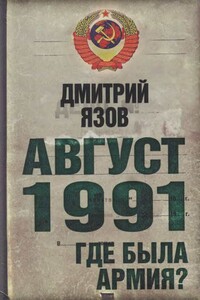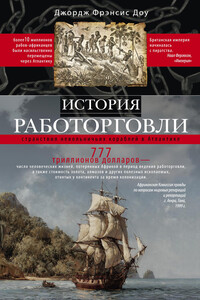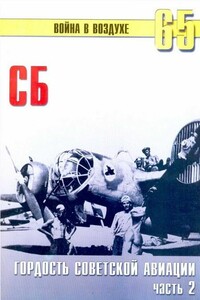Православная миссия в Таиланде в 1999-2014 гг. | страница 51
Speaking about the particularities of translation, Napatra Aphichataphong noted the following: “The wellknown Lord’s prayer “our father” is the first prayer of the Orthodox Christian. The missionaries translated – “our daily fish” because bread doesn’t belong to the diet of the Northern people, maybe this petition would be for the Northerners obscure. Another thing with fish is that it is kind of the equivalent of bread in the North.
In Thai it is translated so that instead of the word bread being used, the word “food” is used in its place. The concept of “food” in its turn can be translated as “to eat rice”. Indeed, none of the Thai houses can`t do without this kind of food, like none of the Russian tables can`t do without bread.
When translating the Holy Scriptures, divine service and other texts in which the word “Lord” is mentioned, we confront with the particularities of our language, which we can`t find in other languages – for example, in Russian or English. There is an option of “high” language or of the Royal vocabulary in Thai in addition to writing and speech, used in everyday life. It should be noted that these are not two different languages. The Royal vocabulary is used in reference to God, the King, a spiritual person, and in other special cases: “The Religious consciousness of the Thai people does not carry the term “resurrection” in a theological concept, and the last day of the week is called the day of the moon. Christianity preaches a high doctrine of how Christ suffered for each person and gave him salvation. According to the vocabulary of Thai “Christ is risen!” Truly he is risen” in reverse translation into Russian will mean: “Christ the Lord has returned life, he returned back to life. Yes He has returned life, back to life really”. This is just one of the difficulties which was met in the translation activity. Therefore, the translations of the sacred texts are not as fast as we would like”.7
7 The same source.
The liturgical literature was translated into Thai in 2012-2013: the first part of the Prayer-book, Breviary, Psalter.8
8 The report on the life and work of the Representation of the Russian Orthodox Church in Thailand for 2013.
To understand the ethnic composition of the parishioners in the capital of Thailand, important is the following testimony by the Archimandrite Oleg: “The staff of our community is international. In the Church prayed Thais, Laotians, Ukrainians, Americans, Romanians, Greeks, French, Ethiopians, Egyptians over the years. There had been different stories. For example, an Egyptian marries a Thai woman. There is, of course, no Coptic Church here – he leads her to the Orthodox Church. We proclaim and baptize her. He is a Copt and marries an Orthodox. The only thing is that the Copt only prays during the service, and we give his wife Communion.




